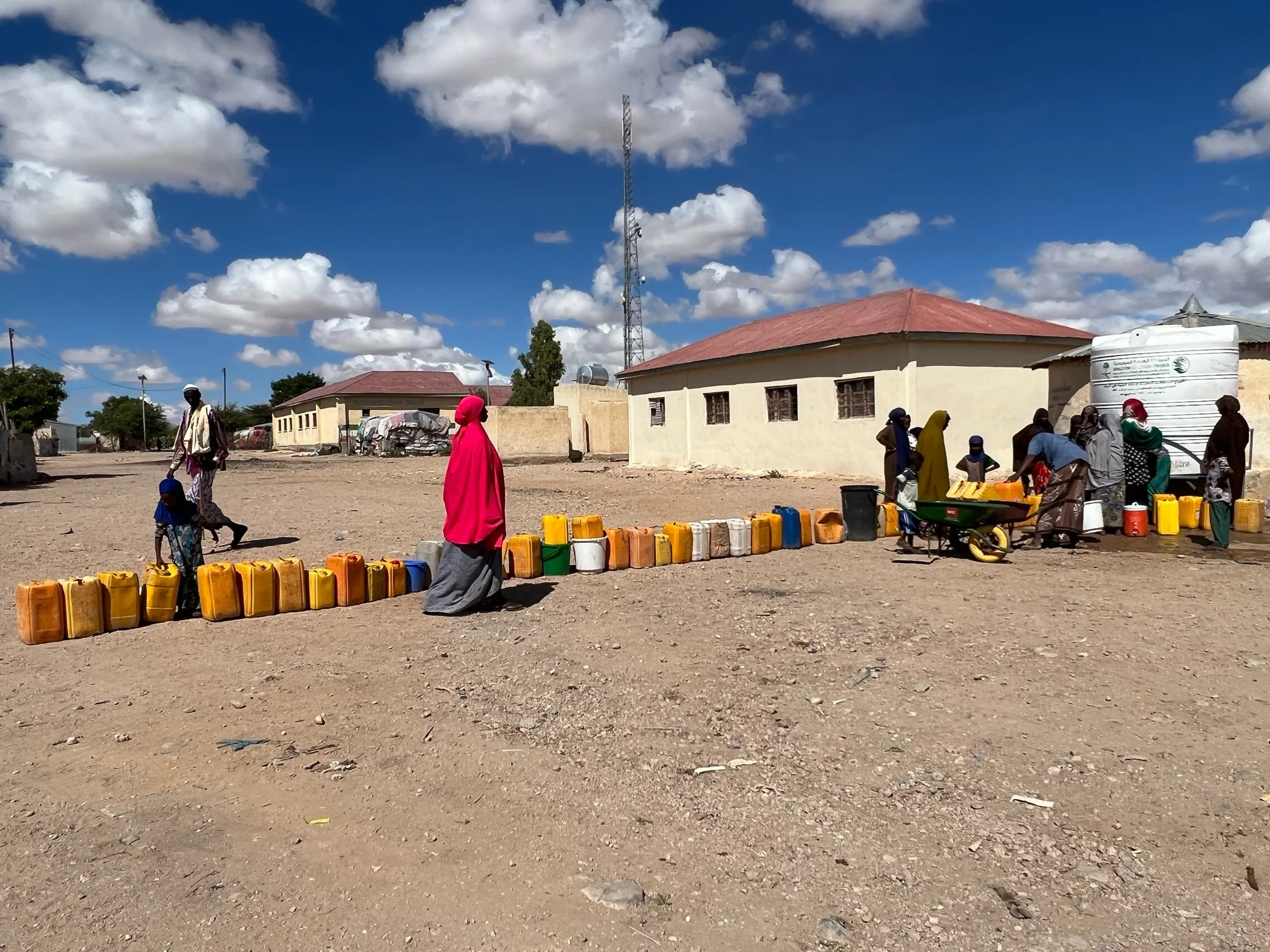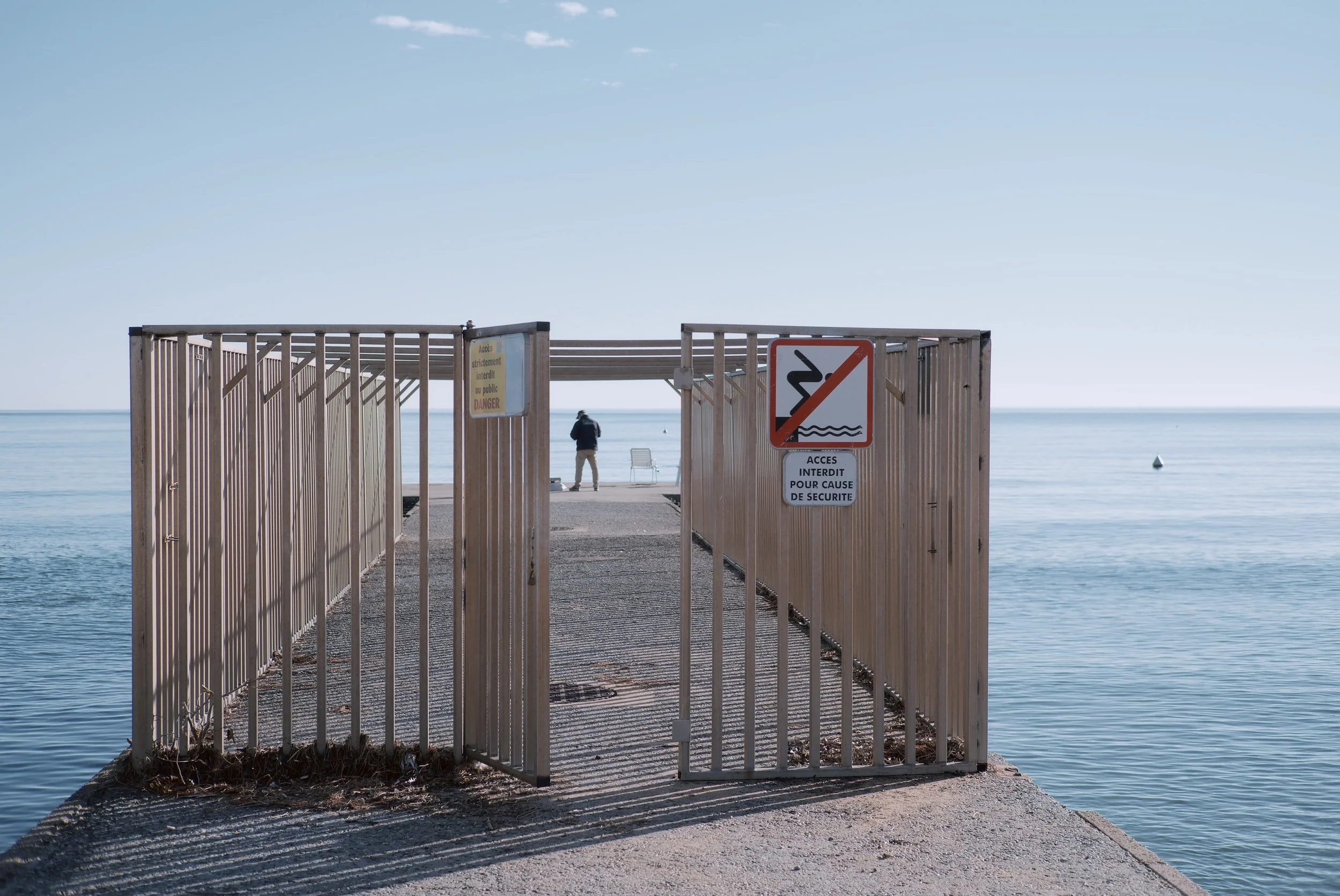Ultimately, the UN Special Rapporteur’s latest report is an urgent reminder that the time to take action on climate displacement is now. While aiming to develop a broader legal framework to protect the rights of those displaced across borders by climate change—such as enhancing existing refugee protections in the 1951 Refugee Convention, Latin American and African regional instruments like the Cartagena Declaration and OAU Convention, as well as exploring a new protocol to address cross border climate change-induced displacement — states must take immediate action to expand the provision of humanitarian visas and provide new, additional, and sustained financial support to ensure that human security is front and center in climate change response.
Global Displacement On the Rise, But Lack of Comprehensive Data and Understanding of Climate Change Displacement Persists
When it comes to displacement, there is a tendency to focus on one type at a time, usually internal or cross-border displacement. While this can be helpful in developing digestible advocacy messages and manageable policy responses, a siloed approach runs the risk of perpetuating gaps in data and understanding, especially when it comes to displacement as a result of climate change.
Colombia Moves Closer to Legally Recognizing Internal Climate Displacement
Should it be successful, the law would be the first of its kind in Latin America and the Caribbean, a region where the World Bank’s estimates there could be as many as 17 million internal climate migrants by 2050, representing 2.6 percent of the region’s total population.
While the new law only addresses internal climate displacement, it could have significant regional implications as countries continue to step up efforts to address both internal and cross-border movement due to the effects of climate change.
Sustainability, Even in Refuge
Eighty-five percent of the world's refugees are hosted by the world’s poorest countries. More often than not when they escape from a dire situation, they find refuge in a place with fewer resources than where they fled. Because of this, it largely falls on the refugees themselves to sustainably develop their communities. In many places, despite the hardships, they are doing just that.
Decade-Long Flooding of Kenya’s Lakes Has Caused Significant Displacement and Loss
Throughout the 2010s, the lakes in the region, which is Kenya’s portion of the Great Rift Valley, rose slowly, displacing tens of thousands of people. But in 2020 a particularly severe rainy season caused the flooding to accelerate. Lake Turkana, in the arid northern part of the country, actually swallowed a nearby lake altogether. Freshwater Lake Baringo, further south, flooded eight miles inland and moved dangerously close to a saltwater lake, which would have devastated wildlife in both, with an inevitable impact on the area’s tourism industry, largely centered around the saltwater lake’s famous flamingos. By some estimates, Baringo has risen at least 9 meters since 2013.
Ukrainian Refugee Crisis Offers Disturbing Insight for Future of Climate Refugees
It’s been one month since Russia invaded Ukraine, causing 3.5 million people to flee the country, an overwhelming majority heading west into the European Union (EU). As the smoke has cleared from the initial onset of the invasion, a picture has begun to emerge highlighting the either “unusually generous or overtly racist” stance taken by western media and the EU towards Ukrainian refugees in contrast to other non-Ukrainian refugees.
When those displaced by climate induced famine or conflict come from Africa, the Middle East or South Asia seeking refuge, can they expect such a warm reception from the EU and other wealthy nations as Ukrainian nationals have received? Sadly, refugee policy in Europe and other wealthy western nations have made it clear this is not the new status quo in handling refugees.







